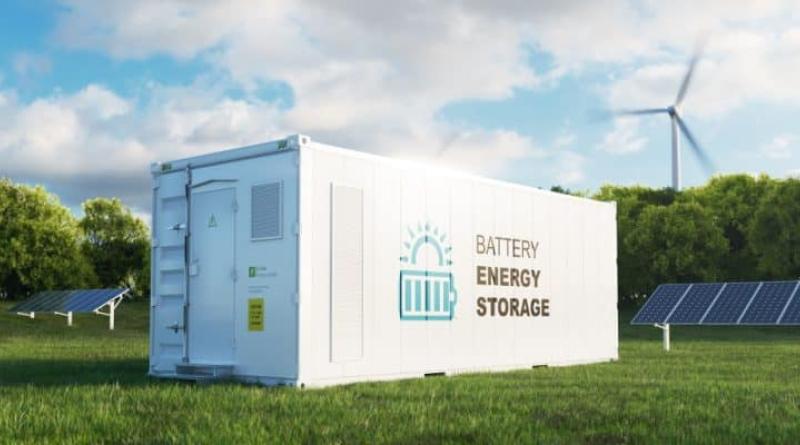With the support of the African Development Bank (AfDB), the government of Mozambique is seeking a consultant for the studies of a battery electricity storage project and a pumped-storage hydroelectric power plant.
The call for expressions of interest is open until 27 January 2023. The Mozambican government wants to recruit a consultancy firm to support it in the development of electricity storage infrastructures. These include battery storage systems, as well as a pumped-storage hydroelectric plant. These types of hydroelectric plants operate with two basins, one of which is high. At peak times, water from the upper basin flows into the lower basin, turning the turbines of the power plant.
Over a period of 14 months, the consultancy will be tasked with identifying sites (10) and carrying out full feasibility studies for battery energy storage systems and the evaluation of a pumped storage hydroelectric plant. These studies will include technical viability, financial viability, environmental impact assessment of the plant and interconnection lines, climate adaptation and resilience and socio-economic aspects of the proposed technologies.
These studies will guide the state-owned Electricidade de Moçambique (EDM) and other local stakeholders in their decision-making process. The overall objective of introducing an energy storage system is the need to overcome several challenges related to the large-scale integration of renewable energy into the grid. Firstly, batteries are technically better suited for frequency regulation than the traditional spinning reserve of power plants.
Also, batteries are a cost-effective alternative to expansion. “And since renewable energy production often does not match electricity demand, excess energy must either be curtailed or exported,” says the AfDB. Excess energy can be stored in batteries for later redistribution when renewable energy production is low and electricity demand rises.
For more information on the tender, click here.
Jean Marie Takouleu



